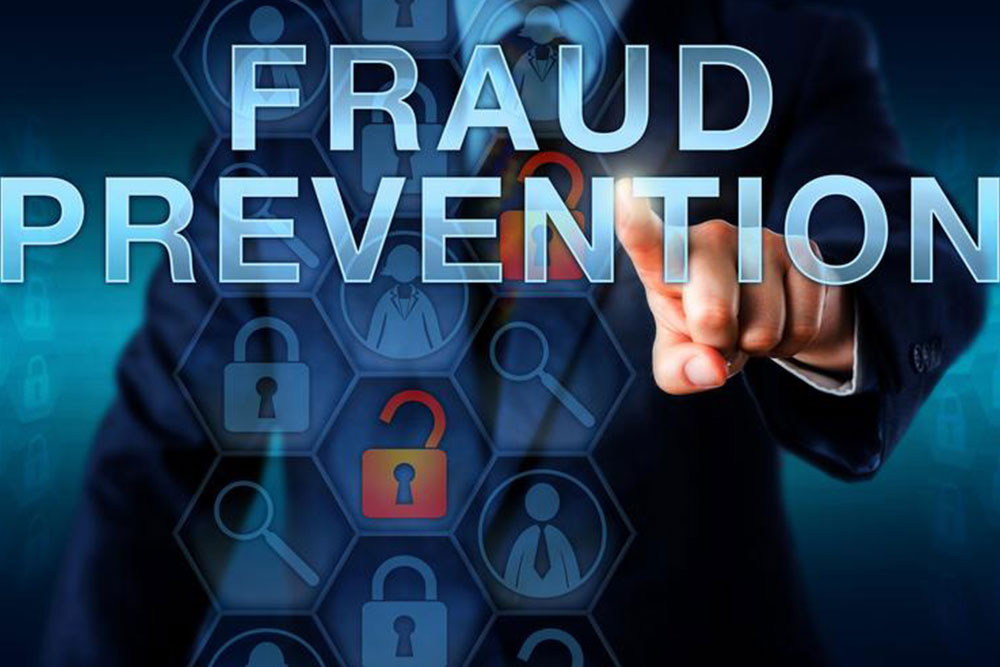A Comprehensive Guide to Avoiding Government Grant Scams and Protecting Your Finances
Learn how to recognize and prevent government grant scams with comprehensive tips. This guide highlights common fraud tactics, official application procedures, and how to protect your personal and financial information. Stay vigilant and informed to guard yourself against scams and ensure your interactions with government funding programs remain secure and legitimate.

How to Safeguard Yourself from Government Grant Scams
In today's digital age, understanding the intricacies and potential dangers associated with government funding programs is crucial for anyone seeking financial assistance through grants. Governments around the world allocate substantial funds each year to support various projects, community initiatives, research, and organizational efforts. In the United States alone, billions of dollars in federal grants are distributed annually to different entities such as government agencies, non-profit organizations, small businesses, educational institutions, and, occasionally, individuals. While the majority of these funds are distributed legitimately to promote economic growth, innovation, and community development, there's a persistent risk of scams, fraud, and unethical practices aimed at exploiting unsuspecting applicants.
Government grant scams are increasingly sophisticated, often mimicking official communications and using convincing tactics to deceive individuals and organizations. These schemes can result in significant financial losses, stolen personal information, and even identity theft. Therefore, it’s imperative for community members, capital seekers, and organizations to educate themselves about common fraud tactics and how to identify genuine grant opportunities versus fraudulent ones. Prevention and awareness are your best defenses against falling victim to these malicious schemes.
Fundamentally, grant fraud involves dishonest and deceptive practices aimed at exploiting the grant process for personal or financial gain. Common fraudulent activities include submitting false or inflated expense reports, misrepresenting project details, and falsely claiming eligibility. The Department of Justice and other regulatory agencies classify such activities as theft, fraud, or deceit, and they carry serious legal penalties if prosecuted. Although legitimate government grants are accessible for qualified applicants and organizations, scammers often target vulnerable populations, promising quick access to funds in exchange for upfront fees or personal data.
It's important to remember that the government does not endorse or initiate unsolicited contact with individuals for grant offers. Instead, all official grant applications are processed through verified websites and official channels. Here are some essential tips to help you identify and avoid government grant scams:
Be cautious of unsolicited emails, phone calls, or messages claiming you have been awarded a government grant. Official government agencies do not initiate contact without prior application or request.
Always verify the legitimacy of any grant opportunity through the official government websites, such as grants.gov in the United States or corresponding official portals in other countries.
The application process for government grants is straightforward and free. Beware of any organization or individual requesting payment or fees for application assistance, as this is a common scam tactic.
Refrain from sharing sensitive personal or financial information unless you are sure you are dealing with a verified and legitimate source.
Remember that government grants are typically awarded to organizations or for specific projects, not for personal transfers or individual use without clear eligibility and purpose.
Scrutinize the credentials of anyone claiming to represent a government agency. Many scams involve imposters posing as officials or employees of official agencies.
Recognize that legitimate grants do not require you to pay for application processing or approval. Legitimate opportunities are open to all qualified applicants and do not involve hidden charges.
To truly protect yourself, always prefer applying through official portals and stay informed about common scam tactics. If an offer sounds too good to be true, or if you are pressured to act immediately, it’s best to step back and verify before proceeding. Remember, safeguarding your personal information and financial resources is paramount. When in doubt, consult official government resources or seek advice from trusted financial or legal professionals. By staying vigilant and informed, you can successfully navigate the complex landscape of government grants and avoid falling prey to fraudsters.





